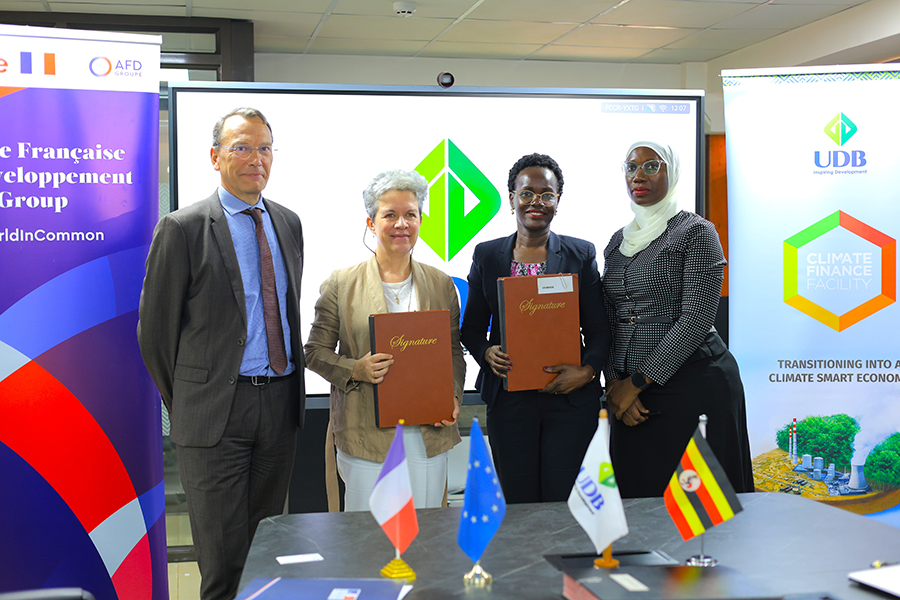Businessman Amos Nzeyi has prevailed against the Uganda Revenue Authority (URA) in a dispute over a Shs 1.82 billion tax assessment on income from the sale of land.
In a ruling, the Tax Appeals Tribunal declared that the land sold by Nzeyi was not a business asset and is therefore exempt from income tax.
The case stemmed from Nzeyi’s 2019 sale of approximately 42 acres of land in Kitende to Crown Beverages Limited for Shs. 6.5 billion.
The URA initially assessed a tax of Shs. 2.186 billion, claiming the land was a business asset as Nzeyi was allegedly engaged in real estate activities.
After Nzeyi objected, the URA revised the assessment to Shs 1.8 billion, prompting Nzeyi to appeal to the tribunal.
Nzeyi argued that the land was a personal asset, not used in any business, and thus exempt from income tax under Section 21(1)(j) of the Income Tax Act (ITA), which states: “any capital gain that is not included in business income, other than capital gains on the sale of shares in a private limited liability company or on the sale of a commercial building.”
He emphasized that he held the land for nine years without developing it, and it had become “bushy” by the time of sale.
“The land was not a business asset held in any business. It was a personal asset that the Applicant had owned for nine years,” Nzeyi’s submission stated.
The URA countered that Nzeyi’s tax profile, which listed “real estate activities with own or leased property,” indicated he was in the business of buying and selling land. They argued that the sale constituted “an adventure like trade,” making the gains taxable under Section 18(1) of the ITA, which includes income “derived by a person in carrying on a business.”
The tribunal, chaired by Crystal Kabajwara alongside Siraj Ali and Christine Katwe, rejected the URA’s argument. It found no evidence of Nzeyi engaging in repeated land transactions, a key indicator of trading activity. “There is no proof of repeated transactions involving the sale of land.
Nzeyi adduced his tax returns, and while there are several declarations relating to dividend or rental income, there have never been declarations concerning income arising from land sales,” the tribunal noted.
The tribunal also considered the nine-year holding period as evidence that the land was an investment, not a trading asset. “The longer the period of ownership, the greater the chance of it being seen as an investment rather than a trade,” the ruling stated, citing the case of Wisdom v Chamberlain (1968). Additionally, the lack of improvements to the land supported Nzeyi’s claim. “The Applicant held the land for nine years and made no developments in it. By the time he sold it to the Respondent, the land was bushy,” the tribunal observed.
The URA’s reliance on Nzeyi’s tax profile was deemed insufficient by the tribunal.
“A tax profile is not sufficient or conclusive proof of activities, which are a question of fact. Therefore, ticking a box on a taxpayer registration form is not sufficient proof of an enterprise,” the tribunal ruled.
Nzeyi, a shareholder in companies like Crown Beverages Limited, Hot Loaf Bakery, and National Bank of Commerce Uganda Limited, also earns rental income from properties in Kololo.
He maintained that his income sources, consistently reported to the URA, did not include land trading.
“Nzeyi submitted he declared his sources of income… comprised solely of dividends earned as a shareholder… and rental income derived from his residential property located in Kololo,” the document stated.
The tribunal concluded that the land was a personal asset, not a business asset, and quashed the URA’s tax assessment.
“In the circumstances, the Tribunal orders… that Shs. 1,820,867,049.20 is not payable by the Applicant,” the statement stated.







